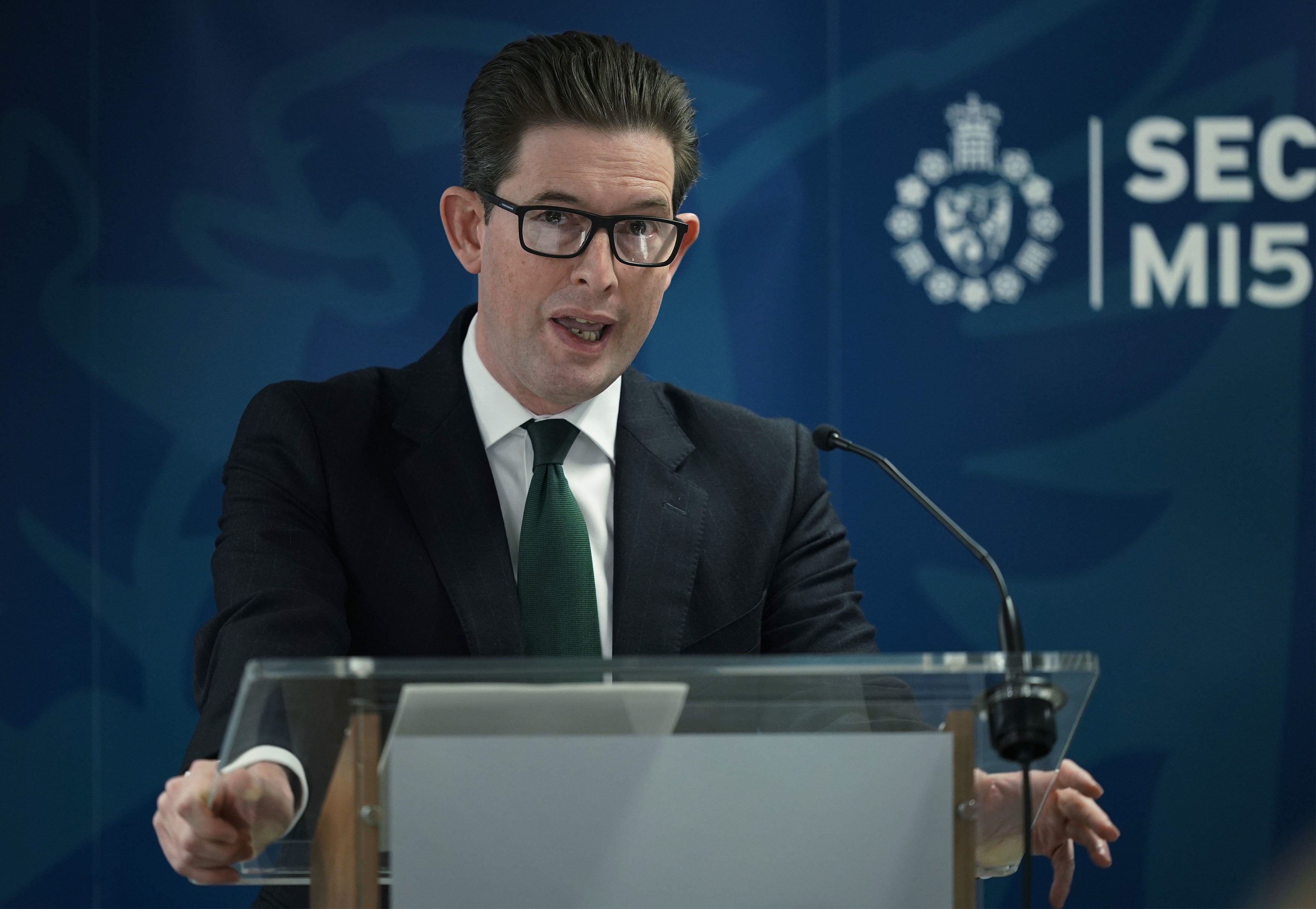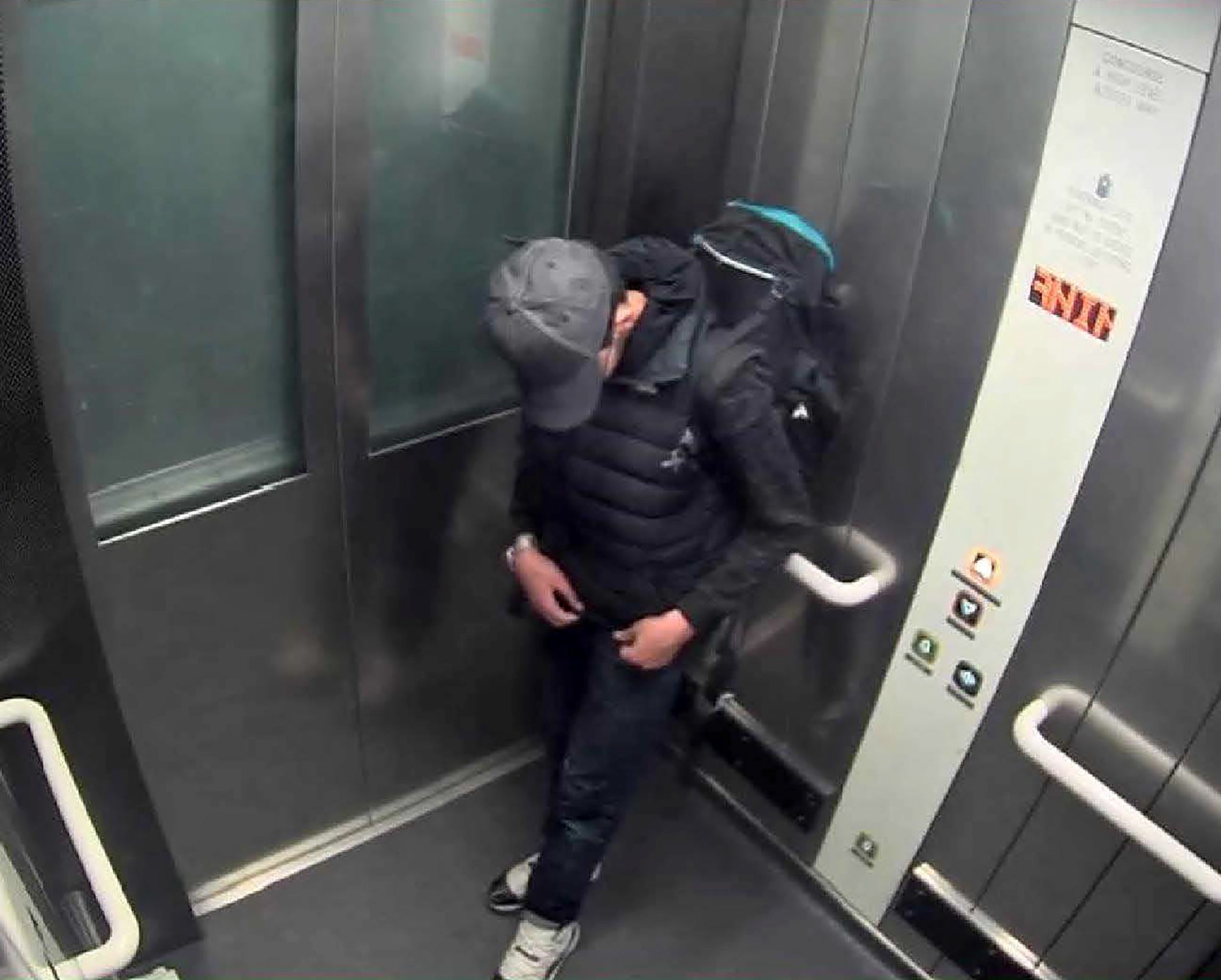MI5 missed ‘significant’ chance to stop Manchester Arena terror attack, inquiry finds
Security Service issues unprecedented apology after it ‘took no action’ on intelligence linked to Salman Abedi’s plot
The head of MI5 has said he is “profoundly sorry” for the failure of the Security Service to stop the Manchester Arena bombing, after a damning inquiry found it had failed to act on key information.
The final report of the three-year investigation said that the Security Service had received intelligence on Salman Abedi on two separate occasions in the months before he murdered 22 people in May 2017.
Details of the information have been kept secret for national security reasons, but inquiry chair Sir John Saunders said it had “transpired to be relevant to Abedi’s plan”.
“There was a significant missed opportunity to take action that might have prevented the attack,” he added.
“An ordinary member of the public would be deeply concerned to find out that, some time before the attack, the Security Service had information which transpired to be relevant to Abedi’s plan and yet took no action in response.”
Sir John said that while it was impossible to say that the bombing would have been stopped if MI5 had acted differently, “there was a realistic possibility that actionable intelligence could have been obtained which might have led to actions preventing the attack”.
Relatives of the victims expressed frustration that they would never know the “full truth” of what MI5 knew because much of the evidence has been kept secret for national security reasons.
Lisa Rutherford, the mother of 17-year-old Chloe Rutherford, said: “From top to bottom, MI5 to the associates of the attacker, we will always believe you all played a part in the murder of our children.”
Andrew Roussos, whose eight-year-old daughter Saffie-Rose was killed in the blast, accused MI5 of having “blood on their hands” for letting Abedi slip through the cracks.
The director general of MI5 issued an unprecedented apology after the findings were released on Thursday, saying he “deeply regrets” that officers did not gain intelligence of Abedi’s plot in time.
“Gathering covert intelligence is difficult – but had we managed to seize the slim chance we had, those impacted might not have experienced such appalling loss and trauma,” Ken McCallum said. “I am profoundly sorry that MI5 did not prevent the attack.”

He said that a vast number of improvements had been made to counterterrorism systems since the bombing, and that the security services would engage fully with the recommendations made by Sir John.
The home secretary, Suella Braverman, said she would study the inquiry’s recommendations alongside MI5 and police, adding: “Together we will do everything possible to prevent a repeat of this horrifying attack.”
Abedi had been on the security services’ radar since the age of 15, and was known to support Isis. He was repeatedly linked with jihadis in Manchester and Libya.
He had travelled to the conflict zone several times with relatives, but the inquiry found that both MI5 and counterterror police had “underestimated the risk from Libya” in 2017 because of their focus on Isis fighters returning from Syria.
Abedi was not under active investigation by the time the two pieces of intelligence came in during the months preceding the attack, though he had been flagged by an internal trawl of previous information. A meeting to consider him further had been scheduled for 31 May 2017 – nine days after the attack took place.
The inquiry found that while the first piece of intelligence was unlikely to have uncovered the plot, different handling of it could have “increased the overall prospect that the attack would have been prevented” by the time the second piece came in.

The report said that the MI5 officer who received it failed to “act swiftly enough”. Despite “having in mind the possibility of activity of pressing national security concern” – meaning potential terrorist activity – they did not write up a report or discuss it with colleagues that day.
“The delay in providing the report led to the missing of an opportunity to take a potentially important investigative action,” Sir John wrote. “It could have given rise to information which meant that Abedi’s return to the UK on 18 May 2017 would have been treated extremely seriously by the Security Service.”
Abedi, along with his brother and co-conspirator Hashem Abedi and other relatives, had travelled to Libya on 15 April 2017, and the terrorist returned alone to make his final preparations four days before the attack.
The report said that if MI5 had investigated Abedi on the basis of the intelligence, he could have been followed from Manchester airport back to the parked Nissan Micra where he had stored the components of his bomb.
The terrorist could also have been stopped, searched and questioned under terrorism powers on his return to the UK, which itself could have gathered important evidence.
In an initial statement, MI5 told the inquiry that officers believed neither of the pieces of intelligence to be terror-related at the time, and that it was thought they could relate to criminal activity instead.

But Sir John said the claim did not “present an accurate picture”, and that MI5’s corporate position “did not reflect what those officers did, thought or would have done at the material time”.
“Rather, it was more by way of a retrospective justification for the actions taken or not taken,” he added.
The inquiry heard that in the run-up to the attack, MI5’s northwest investigative branch was “struggling to cope” with the volume of investigations, and that an officer had expressed concern that “something inevitably would happen at some point”.
Sir John said that the pressure on resources had not caused any of the missed opportunities in Abedi’s case, but that it had contributed towards the wider underestimation of the threat from Libya.
He also questioned why Abedi was never referred to the Prevent counterterrorism programme, saying the step should have been taken even though he may not have been willing to engage.
Previous parts of the inquiry found failings with the security measures at Manchester Arena, and with the emergency response to the attack, which was the UK’s deadliest terror attack since the July 2005 London bombings.
Join our commenting forum
Join thought-provoking conversations, follow other Independent readers and see their replies
Comments


Bookmark popover
Removed from bookmarks